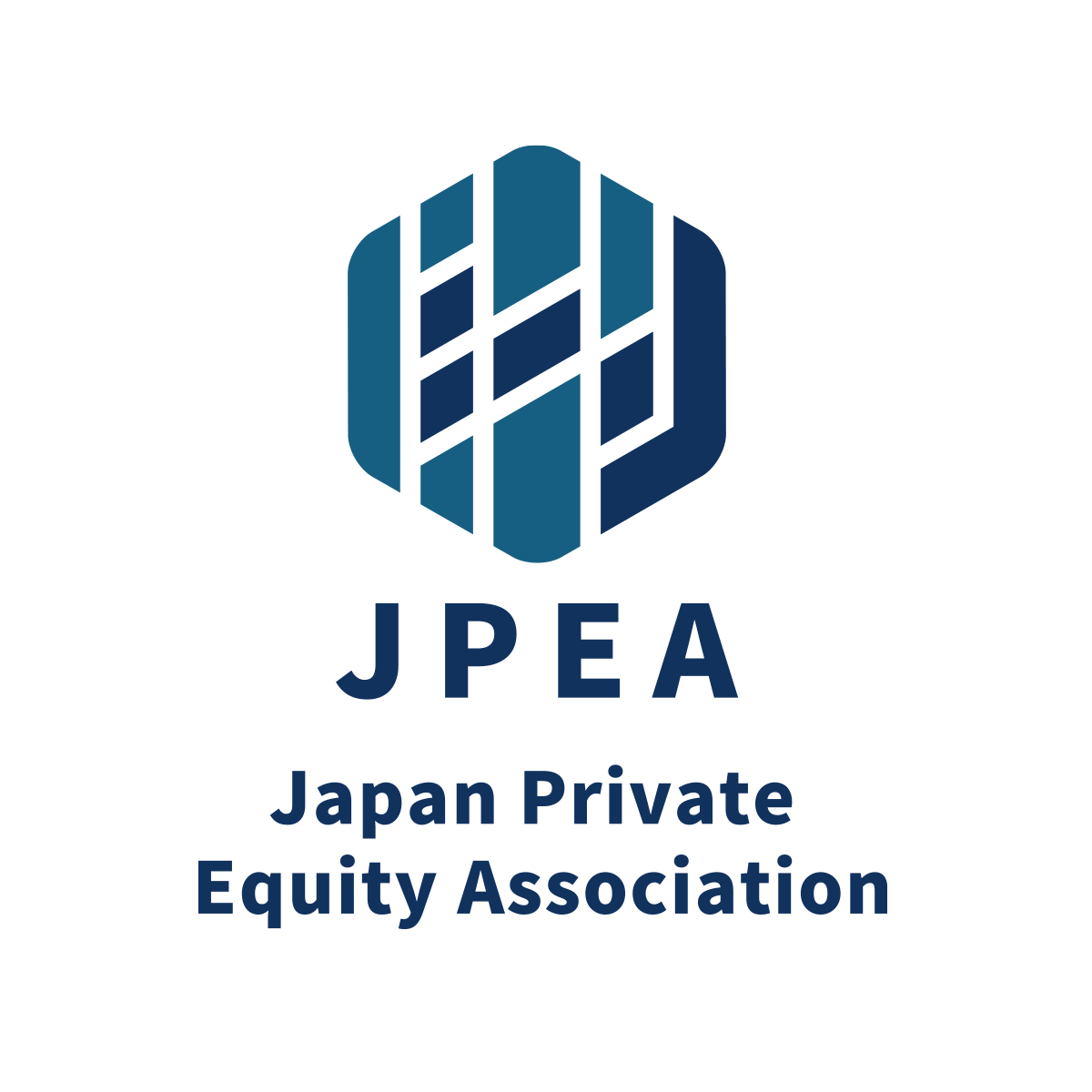Winning deals
Prize for Increasing Foreign Talent That Could Revitalize Japan
| Prize | Prize for Increasing Foreign Talent That Could Revitalize Japan |
|---|---|
| Recognized Deal/Company | ISI Global Inc. |
| Fund | Nippon Sangyo Suishin Kiko Ltd. |
| Reason for selection | Since its inception in Nagano Prefecture in 1977, ISI Global has been mainly involved in the business of operating Japanese language schools for international students, which currently operates a total of five schools across Japan including Tokyo and Kyoto. It is one of the largest Japanese language school chains in Japan, with a capacity to take in upwards of 4,000 international students a year. While ISI Global has had roughly 300,000 students complete its courses over the years, the coronavirus pandemic caused a sharp decline in the number of international students coming over to Japan for their study, which put the company under financial duress. Then in October 2021, NSSK acquired a majority stake in ISI Global and succeeded its business. Following the investment, NSSK implemented a series of measures to modernize and optimize the company’s business administration, including appointment of new talent in the management team and initiation of digital marketing campaigns, in addition to execution of roll-up M&A within the industry. By scaling up ISI Global’s operation in the Japanese language education industry where there are a multitude of small operators, NSSK has been able to not only streamline the schools’ operations but also recruit quality instructors, thereby laying the foundation for ISI Global’s further business expansion. While the rise of exploitative so-called black companies that employ international students under significantly poor working conditions has become a major social issue, ISI Global has been providing much support to its students with their living needs by offering dormitory housing, introducing part-time job opportunities, and helping graduating students land positions with quality employers, etc. As the coronavirus pandemic gradually recedes, which has allowed the school operators to resume their international student intake, ISI Global has recovered sharply in its financial performance and set itself up for further business growth. As the birth rate continues to decline and the aging of its population accelerates in Japan, allowing more young and promising talent from other countries to enter and settle down in Japan not only revivifies the country’s regional communities but also improves the overall robustness of Japan going forward. Based on the recognition of this investment that saw value in such business that could solve one of the major social challenges in Japan, the decision was made to award the prize to the recipient. Click here for the award winner interview. |
Prize for Spotting an Auspicious Japanese Unicorn (General Assembly Special Prize)
| Prize | Prize for Spotting an Auspicious Japanese Unicorn (General Assembly Special Prize) |
|---|---|
| Recognized Deal/Company | Spiber Inc. |
| Fund | Carlyle Japan LLC |
| Reason for selection | Established in 2007, Spiber Inc. is a start-up company that is headquartered in Tsuruoka, Yamagata Prefecture, Japan. Its founder Kazuhide Sekiyama started developing QMONOS − an artificial spider silk that would be the strongest known fiber in the world but also possess remarkable elasticity − while he was still a researcher at Keio University’s Institute for Advanced Biosciences and was later able to mass-produce Brewed Protein™️, the world’s first artificially synthesized structural protein. As this next-gen biomaterial developed by Spiber can be used as an alternative to any animal-derived material such as cashmere, wool, fur, leather, silk, etc. as well as petroleum-derived materials, it has been garnering much attention from apparel brands, etc. Furthermore, this newly invented fiber has many environmental benefits, as its production can conserve more resources and emits less greenhouse gas. Since these characteristics can contribute to solving various sustainability issues in transport and other wide-ranging industries, high expectations are being placed on this new material. It is not uncommon for a start-up like Spiber to go public before scaling up if conditions are favorable. A major cause of this phenomenon is the lack of risk money supply available to start-ups during their growth stage in Japan. The initiative of Carlyle Japan Partners − which is the global alternative asset management company’s fund solely dedicated to Japan − to invest in this particular space is recognized by the JPEA as an innovative move for the country’s PE industry. This transaction is reported to be Carlyle’s first-ever minority growth investment deal. The prize is hence conferred in the hope that the fund will further gain experience and know-how in terms of its growth investment deals by having its outside director sit on Spiber’s board for governance purposes, etc. and continue to cultivate more unicorns like Spiber that will make great strides in Japan. Click here for the award winner interview. |
Prize for Improving Quality of Life Even Among People with Dementia
| Prize | Prize for Improving Quality of Life Even Among People with Dementia |
|---|---|
| Recognized Deal/Company | Platia Co., Ltd. |
| Fund | J-STAR Co., Ltd. |
| Reason for selection | While the number of senior citizens requiring nursing care has been on the rise in Japan, it is not easy for the households to care for their elderly family members all by themselves, so they need to use care facilities that are operated by care business operators. Meanwhile, partly due to more and more people getting examined for dementia at an early stage, the number of elderly people diagnosed with dementia, which was 6,310,000 in 2020, is expected to increase to 7,300,000 in 2025. The group home industry catering specifically to the caring needs of people with dementia has been highly fragmented and mostly serviced by small- to medium-sized companies, as major players have not been able to enter into the space as swiftly as they did with the general day care service and elderly home businesses due to the high degree of specialization required to properly care for dementia patients. Founded in 2003, Platia has been operating group homes that are care facilities dedicated to people with dementia, which was and still is a socially important enterprise. However, as the company was mainly managed by its founder with no successor available to take over the socially important enterprise while the founder was becoming exceedingly unable to meet the demands of over 1 million elderly people with dementia at the time that were expected to continuously increase in number each year, the founder sought ways to retire from the business and transfer the ownership of the company to a competent partner that could sustain its business’ growth trajectory and decided to go with J-STAR that was willing to invest. After closing the deal, J-STAR would complete the business success process by involving various turnaround techniques that PE funds are typically good at, including roll-up, bringing in external talent to manage the company, and expanding the employee headcount while closely focusing on, and meeting the needs of, the local communities it served. Then, when the time had come for J-STAR to make its exit, it sold the company to a leading nursing care service provider, NICHIIGAKKAN CO., LTD., bringing an end to its socially meaningful investment in Platia in a manner satisfying to its founder. The late Dr. Kazuo Hasegawa, who was a psychiatrist that pioneered dementia treatment in Japan and passed away last year after publicly admitting that he had also been diagnosed with dementia, led the charge to advocate for the equity of dementia patients with high priority and played a key role in changing the name of the disease in Japanese from the previously-used derogatory term chihou to ninchisho. In the recognition of the impact that this particular investment has had on improving the quality of life of those diagnosed with dementia that would still deserve to live their remaining lives in a humane and dignified manner, this prize is awarded to the recipient. In addition, J-STAR has made a new investment this fiscal year in another nursing-care-related business called Yachiyo Care Support Co., Ltd. , leveraging the knowledge and insights that were gained while investing in Platia. This qualifies as yet another ESG initiative undertaken by the prize recipient and is highly commendable as well. Click here for the award winner interview. |
Prize for Achieving Significant Business Growth After Being Spun off from a Major Corporation
| Prize | Prize for Achieving Significant Business Growth After Being Spun off from a Major Corporation |
|---|---|
| Recognized Deal/Company | WorkVision Corporation |
| Fund | Basic Capital Management, Ltd. |
| Reason for selection | When it comes to investment deals that entail carving out specific business units from the companies that are divesting them, the true competency of the PE funds involved in such deals will be put to the test. WorkVision Corporation used to be a part of the Toshiba Group, whose main business was to develop and sell software programs to small- and medium-sized companies. However, as it was considered a non-core business to the Toshiba Group, WorkVision was not allocated sufficient management resources in terms of labor, physical assets, and funding to properly execute its growth strategy. But after Basic Capital Management invested in the company, WorkVision was able to lay the foundation for further business growth by leveraging the cash infusion. WorkVision management’s decision-making has become more proactive since, while its business model has also shifted away from conventional on-premises operations to cloud system services that present higher growth potential. When WorkVision made a request for additional capital investment, Basic Capital Management obliged, thereby supporting the company’s development of cloud products incorporating its original software. Under Basic Capital Management’s guidance, WorkVision has reformed its corporate culture, meticulously revamped its internal systems and programs to enhance the employees’ satisfaction with their workplace, including the HR system to implement a more flexible pay scale, which allowed the company to promote young, high-performing employees to more responsible positions while actively recruiting competent talent externally. During its investment in WorkVision, which lasted for roughly three years, Basic Capital Management was able to achieve exceedingly high ROI and IRR, which were chiefly attributable to the company’s drastic strategy shift and revamping of its earning structure. One of the key criteria based upon which Toshiba decided to sell its stake in WorkVision to Basic Capital Management was that no major change should be made to the company that would impact its employees, so there could be no layoff or modification to the employees’ preexisting benefits. While it took a whole year for the parties to negotiate the buyout, it has turned out to be an exemplary case of this type of deal where the function of the PE fund as a solution provider had been a major contributing factor. The stagnation of Japan’s economy is in no small part exacerbated by the culture of large corporations. As the Dutch-roll of management’s failure in decision-making as seen in Toshiba’s case clearly indicates, many large corporations lack top executives that are able to formulate and adjust strategy to adapt to the ever-changing environment and actively lead with confidence. So when funds such as the one managed by Basic Capital Fund support entrepreneurially spirited businesspersons by investing in their vision to become independent operators with commitment to becoming the leader of a niche business space instead of remaining a laggard among large corporations, and competitive businesses are born of such investment, it would also make a difference for Japan’s economy as a whole. Click here for the award winner interview. |
Selection Panel
Member
Toshiko Oka
Professor
Meiji Business School -Graduate School of Global Business-
Meiji University
Member
Takeshi Kadota
President
Kadota &Co
Member
Keiji Mogi
Chairman
The University of Tokyo Edge Capital Partners Co., Ltd.
Member
Tomonori Ito
Professor
Institute for Business and Finance
Waseda Business School

